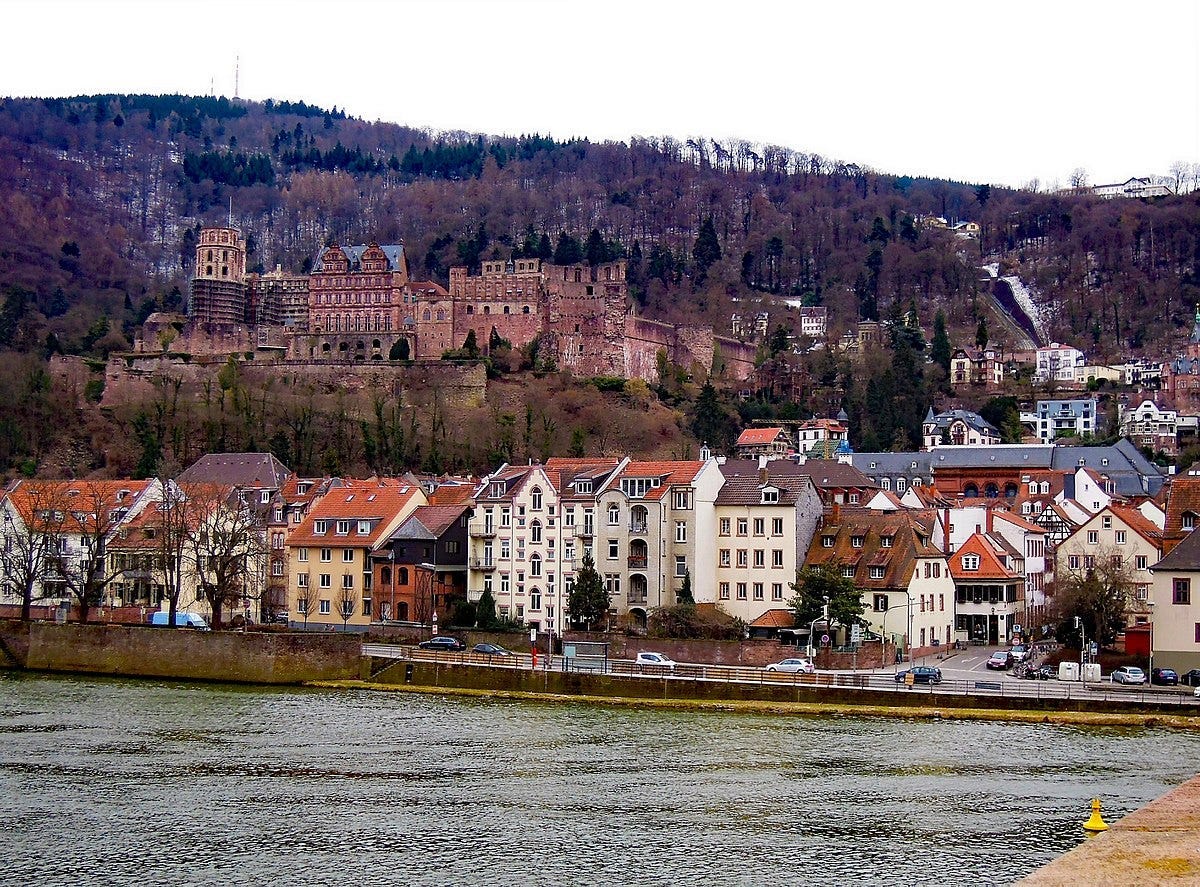Taming Complexity
Nuanced sanity in a complicated world
One of my favorite Substacks is Taming Complexity written by Taylor Dotson and Michael Bouchey, both based in New Mexico. It’s not only because they write regular articles about my home state, since they cover global topics — particularly Japan — as well; it’s for the perspective they bring, and their deep knowledge of fascinating case studies I would never hear about otherwise. They are as likely to write about bears or beavers as they are about urbanism or local politics. There’s a cohesive theme holding everything together: it’s possible to tackle life’s most bewildering complexities if we take a more nuanced view as to how science, technology, politics, and local realities on the ground relate to each other. This is what Taming Complexity does. I highly recommend a subscription.
I’ve cited and written about a couple of their articles, which I’ll link briefly (with corresponding posts). Below are additional articles you can explore.
Yesterday’s Findings post featured What To Do When Your President Is a Criminal? — which is not about what you might think, given recent news, although it’s relevant.
Earlier this year, I went down the “produced water” rabbit hole — which has to do with treating water produced as a side effect of fossil fuel extraction and putting it to use in agriculture or industry. Water is a scarce resource here in New Mexico, but as you can imagine any policy compromising with the fossil fuel industry riles environmentalists. All this in the midst of highly politicized science lining up on either side. Read the case study here: Can Science Be Polarizing? And a follow-up article: Dirty Hands and Dirty Water.
But that’s not all. As promised, here are beavers and bears — related to the Rewilding Debate.
Next, posts on Japan. The Shibuya crossing is something to experience, both being in it and sitting at a coffee shop on the square a couple stories up, to watch it from above. Here is captivating storytelling, plus useful lessons for democracy and urbanism.
Now for digging into some history. I want to compare with Lincoln’s Gettysburg address.
Finally, here is Taming Complexity’s most recent article on what makes a small town good to live in, focusing on Heidelberg, Germany. I have a close friend who lives in Regensburg, another small town in Bavaria. When I visited last year, I observed firsthand many of these same characteristics. There’s been chatter lately on Substack about what one can learn by visiting a place. Whatever insights might be gained about local people, culture, or political system, the real value of travel or living abroad — I’ve found — is to have your eyes opened as to how things can be different, how complexity can be tamed in different ways than what you already know, or what you think you already know. Travel helps a person learn how things might be otherwise at home.



